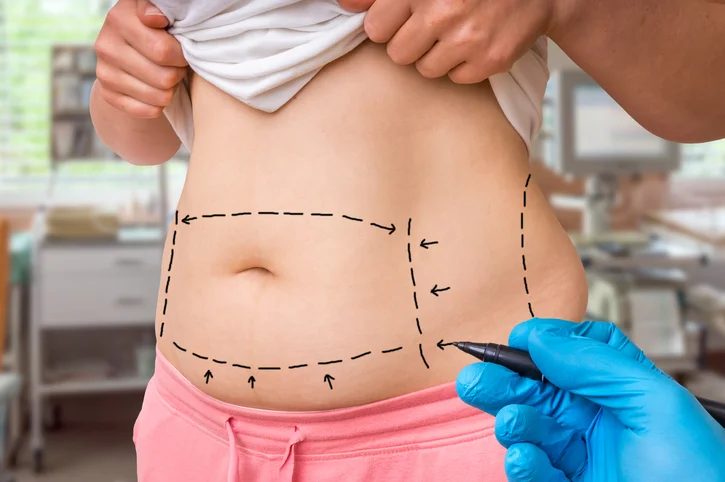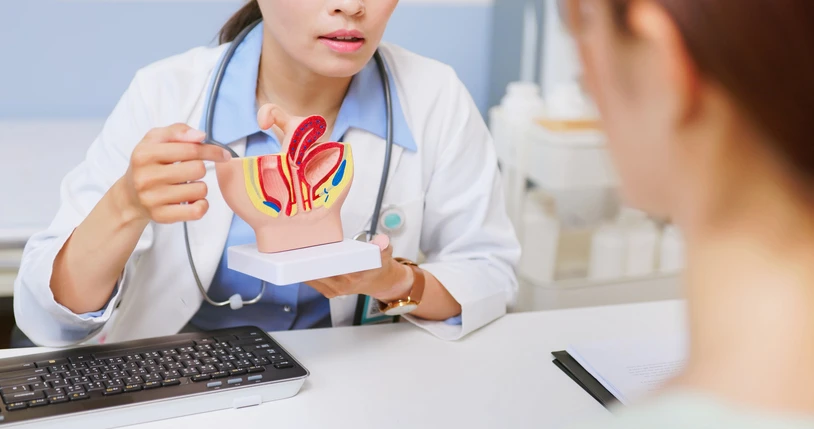
While normally associated with intense pleasure, it’s not uncommon for orgasms to be accompanied by pain for some individuals. This occurrence, known as dysorgasmia or painful orgasm, may be a sign of an underlying condition. Painful orgasms can manifest in a variety of symptoms in both men and women, including sharp or dull sensations in the genital area and pelvic discomfort.
If you are experiencing pain during orgasm and are wondering what it means, we put together a list of possible causes and corresponding treatment options to help you find relief:
Possible conditions
- Pelvic floor muscle dysfunction: You may feel discomfort during orgasm if you have pelvic floor muscle dysfunction, a condition in which your pelvic floor muscles are too tight or tense. The rapid contraction of the pelvic floor muscles during orgasm can cause cramping and possibly press on nearby nerves, causing pain.
- Ovarian cysts: Ovarian cysts often go away on their own without treatment, but when these tiny sacs of fluid burst or are rubbed against during intercourse, you can experience intense pain in your pelvic muscles.
- Uterine fibroids: A common reason why you may experience cramps immediately following orgasm is the presence of uterine fibroids, non-cancerous tumors in the uterus which can cause pelvic discomfort after intercourse.
- Endometriosis: This condition involves the abnormal growth of tissue outside of the uterus, often resulting in pelvic pain during intercourse. If left untreated, endometriosis can cause irritation to your vaginal tissues, leading to possible adhesions or scar tissue.
- Pelvic inflammatory disease (PID): PID is an inflammatory condition that occurs all around your pelvic muscles often due to a sexually transmitted infection (STI) or other bacterial infection. Since there is significant inflammation and sensitivity, you may experience pelvic pain during intercourse.
Treatments
- Biofeedback: For treating pelvic floor dysfunction, biofeedback therapy provides guidance to improve your pelvic muscle coordination.
- Surgery: You may choose to have ovarian cysts or uterine fibroids surgically removed if you’re experiencing extreme cramping or pain.
- Medications: Prescription medications such as hormonal birth control are often used to help control endometriosis symptoms. For treating PID, antibiotics are prescribed.
Once we determine the root cause of your discomfort, the sexual health experts at Aguirre Specialty Care can help ease your symptoms and restore intimate pleasure and confidence! Get started today by calling 303-322-0500 or requesting a consultation online.




